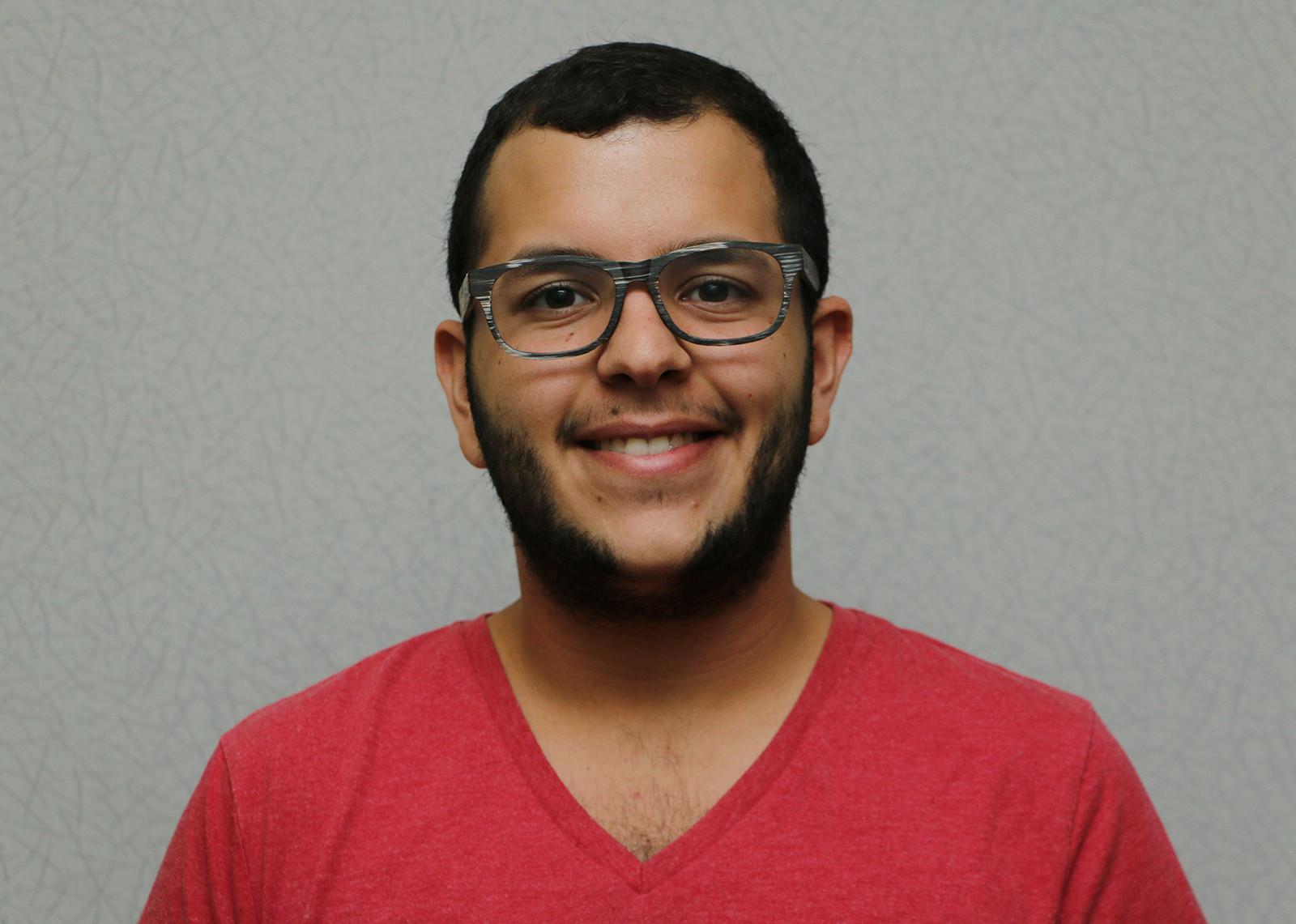I remember sitting in synagogue in Caracas, Venezuela, one night when a presidential candidate walked in. It was Hugo Chavez and the year was 1998. At this point we had no idea that Chavez’s government would eventually storm the Jewish community center in Caracas looking for Mossad weapons (obviously none were found). Nor did we realize the area where the great synagogue is, the neighborhood of Mariperez, would become so dangerous that the Jewish community would eventually begin deserting the synagogue. Throughout the country, as the years added up, many chose to leave entirely, as my family did, and emigrate to any country that was not Venezuela.
Seventeen years later, the Venezuelan opposition finally won an election against the Chavista party. On Sunday, the Democratic Unity Roundtable (MUD) won a landslide two-thirds majority in Venezuela’s Congress. The Venezuelan people voted for a change of leadership.
If you don’t know about the situation in Venezuela you might be asking yourself: what the heck is going on? The story begins in 1992, when a young army officer put his socialist ideals into practice and tried to carry out a coup d’etat that would overthrow the government. For a number of reasons, that coup was not successful and the young army officer, Hugo Chavez, was thrown in jail. The poor saw Chavez as a champion, and just two years later he was released from prison with a large following. In 1998, he ran for president as a socialist.
During his first campaign, Chavez ran against the excesses of the upper crust of Venezuelan society. The country’s poor were suffering because the government favored business over compassion and the rich over the poor. The latter were the majority and they were often ignored. Chavez was a socialist who planned to revolutionize the country and to spread the massive oil wealth, while the guy running against him was a businessman who studied at Yale University. Though CNN was already describing Chavez as having “dictatorial ambitions,” the people voted for him in droves.
The next 15 years saw Venezuela fall under the grips of Chavez’s socialist revolution: the “Revolution of the 21st Century,” as he called it. Along the way, Chavez was able to influence many countries toward the path of socialism with lavish gifts and the old socialist dream of unifying Latin America. Countries like Argentina, Bolivia, Ecuador and Paraguay elected socialist governments during the same period. During that time, his popularity within the country only grew, and his party was able to win all elections during that time period, except the national referendum on whether he should be allowed to rule indefinitely.
However, Chavez’s socialist economic policy led the country to economic collapse. By the second decade of his rule, the Venezuelan economy had gotten worse than I ever thought possible. There were shortages of basic products like milk, eggs and flour, which created long lines at supermarkets that often turned violent. Ironically, a black market has emerged and only few wealthy Venezuelans can afford to have basic goods. I won’t bother you with inflation figures, because the numbers released by the government are humorously inaccurate.
So how did Chavez deal with these problems? He was probably the most charismatic world leader of the 21st century (at least since Hitler, in my opinion), but when it came time to step up to the plate to fix the problems that his policies created, he died. It wasn’t sudden — he had cancer, went through chemotherapy, the cancer was eliminated and then he relapsed and died. His handpicked successor was Nicolas Maduro.
When Chavez died, the Chavistas held a quick election and got just enough votes to make Maduro, who used to be a bus driver before linking up with Chavez, president. There were allegations of cheating by the opposition, protests and deaths, and many opposition leaders were jailed for political purposes. Then the regime began censoring the media, taking political prisoners and torturing student protesters. Meanwhile, the economic situation only got worse — as you might expect when a bus driver with no college education takes charge of a country.
Sunday’s opposition victory is important for symbolic purposes as well as real purposes. First, it shows the Chavistas that the country disapproves of their economic policies. It also shows that the ruling party is not invincible, but on the contrary quite unpopular. As for the new Congress, the Venezuelan constitution gives a wide array of powers to two-third majorities. Those powers include the ability to impeach the president, to free political prisoners, to amend laws and to craft a new constitution.
There is a big “but” to this whole thing, though. The opposition to the Chavistas is made up of many different parties with many different ideals, which are united only by having a common enemy in the ruling party. As long as they don’t splinter over arguments, they should be able to bring a new age for Venezuela. Hopefully, one day, the countless Venezuelans that had to flee their land will be able to return in peace.

























































































































John Sand • Jan 17, 2016 at 5:43 pm
Very timely. Well written.